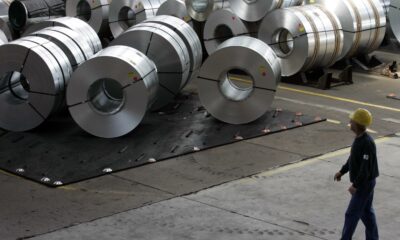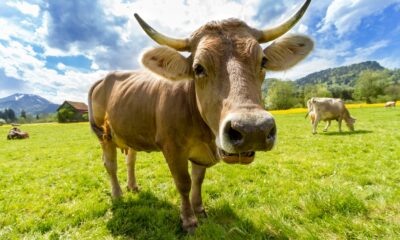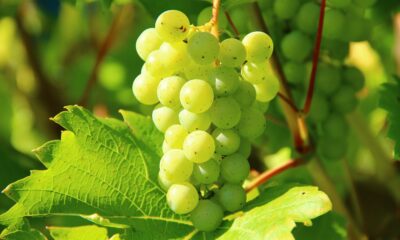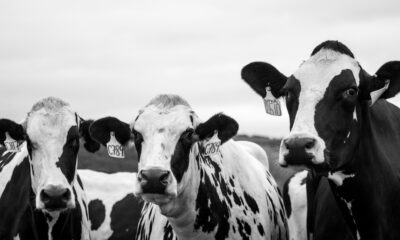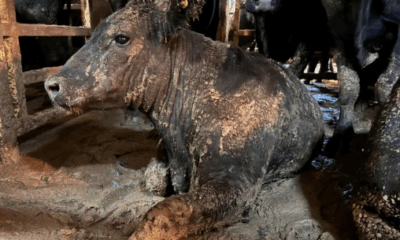Business
Sweet Harvest, Bitter Outlook: Why SA’s Sugar Industry Still Faces a Sticky Future
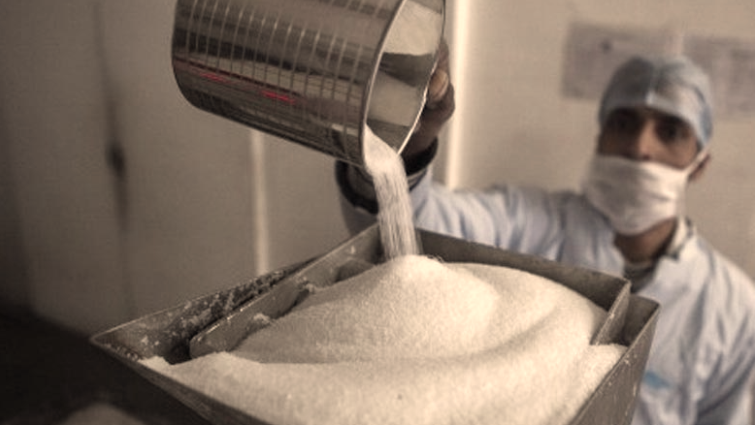
A stronger 2025 sugarcane crop offers hope, but policy inaction and trade threats cast a long shadow
It should have been a season of celebration.
After a punishing year of drought-stricken fields and record-low yields, South Africa’s sugarcane farmers were finally seeing green again, literally. The 2025 harvest is on track to deliver an estimated 17.7 million tons of cane, a much-needed rebound from last year’s 16.47 million tons, the smallest crop in nearly a decade.
But despite this promising recovery, the mood on the ground is anything but sweet. Conversations in KwaZulu-Natal and Mpumalanga’s rural farming communities are filled with worry. Why? Because the lifeblood of their livelihoods fair trade conditions and market access is under serious threat.
Local growers squeezed between cheap imports and global trade shocks
At the heart of the crisis is South Africa’s slow response to a broken tariff system.
Current import duties on sugar are outdated and haven’t kept pace with global pricing trends. This gap is being exploited by importers, who flood the local market with artificially cheap, often subsidised sugar from overseas. But don’t be fooled: consumers aren’t seeing cheaper prices at the tills. Instead, importers are pocketing the profit, while South African farmers lose shelf space and revenue.
“It’s like we’re being asked to compete with countries playing by different rules,” one frustrated cane farmer near Pongola told us. “We produce enough sugar for the whole region, but now we’re losing out in our own backyard.”
These unfair imports are pushing local product off store shelves and out of commercial supply chains. That leaves local producers with little choice but to sell their sugar on the global market, often at a loss.
History threatens to repeat itself
This isn’t the first time delays in tariff adjustments have sent shockwaves through the industry. Back in 2017/18 and again in 2018/19, similar hold-ups forced the industry to dump large volumes of sugar into an already distorted international market. The result? Major losses and shrinking margins.
The difference in 2025 is the added uncertainty of a looming 30% tariff on South African sugar exports to the United States, historically one of our most profitable international markets. If Washington pulls the trigger, it will be a devastating blow to an already fragile export landscape.
Thousands of livelihoods at risk
SA Canegrowers, which represents over 25,000 growers, including more than 24,000 small-scale farmers is sounding the alarm. The sector supports tens of thousands of jobs, particularly in economically vulnerable rural areas. When sugar loses its edge, these communities are often the first to feel the pain.
From Komatipoort to Eshowe, sugar farming is more than just agriculture, it’s a socioeconomic anchor. Schools, clinics, small businesses, and local jobs depend on its survival. Without a swift and strategic response from government, farmers warn, these rural economies could face a slow collapse.
Government must act and fast
The ask is clear: policymakers need to revise import duties immediately to reflect real global sugar prices. This isn’t about protectionism, it’s about giving local farmers a fair shot in their own market. At the same time, urgent diplomacy is needed to secure South Africa’s trade relationship with the US and stave off crippling tariffs.
There is still time to turn things around. The harvest is strong, the farmers are willing, but without decisive action, this sweet season could leave a bitter aftertaste.
Reader Tip:
Support local brands using South African sugar. If you’re in KZN or Mpumalanga, check your labels, buying local helps keep rural jobs alive and supports small growers.
Have your say:
Are you in the sugar industry, or a rural area affected by it? Share your experiences and opinions with us on X or Facebook using #SaveSASugar.
{Source: IOL}
Follow Joburg ETC on Facebook, Twitter , TikTok and Instagram
For more News in Johannesburg, visit joburgetc.com

